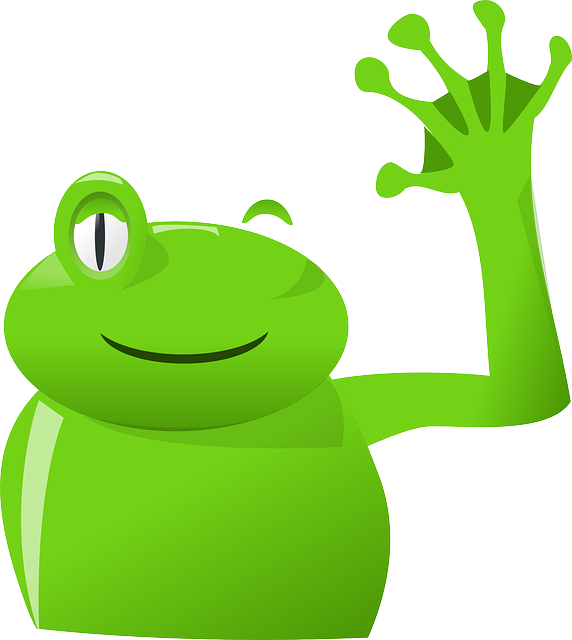regards [noun, plural diminutive]
 It is very common in Dutch to use a diminutive for informal use. “Groetjes” is derived from “groeten” (plural of the noun “groet”), which translates to “greetings”. So “groetjes” are “little greetings” 🙂
It is very common in Dutch to use a diminutive for informal use. “Groetjes” is derived from “groeten” (plural of the noun “groet”), which translates to “greetings”. So “groetjes” are “little greetings” 🙂
The word “groetjes” is often used when saying goodbye or as a closing for informal written communication. In general, when you are unsure whether or not the informal “groetjes” would be acceptable when saying goodbye, you can use “tot ziens” (literally: till seeing). See below for formal alternatives in written communications, and see the Extra for a list with alternative ways to say goodbye.
Examples:
– “Tot de volgende keer! Groetjes!!”
(<informal:> “Until the next time! Bye bye!!”)
– “Doe de groetjes aan Iris!”
(<while leaving:> Say hi to Iris!”. Literally: “Do the little greetings to Iris!”)
– “Doe de groeten aan je ouders!”
(<while leaving:> “Give my regards to your parents!” The use of “groeten” here is appropriate if your intentions are more formal.)
– “Groetjes, “
(<to end a letter or e-mail informally:> “Regards, “)
– “Met vriendelijke groeten, “
(<to end a letter or e-mail more formally:> “With kind regards, “. Literally this translates to: “with friendly greetings”. Quite often the word “met” (with) is omitted.)
Related words:
1. “Groet”: greeting.
2. “Groeten” <verb>: to greet.
3. “De groeten doen aan”: give regards to, say hi to.
4. “Hoogachtend, “: formal way to end letter or e-mail. Something like: “Sincerely yours, “. Literally: “Highly esteeming, “.
Extra:
There are numerous ways to say goodbye in an informal manner. Here’s a selection:
– “tot ziens!” (till seeing — not too informal, not too formal)
– “doei!” (bye!) See also DWOTD Doei.
– “doeg!” (bye!)
– “houdoe!” (bye! — Used in the province of Brabant)
– “hoihe!” (bye! — Used in the province of Limburg)
– “toedels!” (bye! — A bit nerdy)
– “toedeledoki!” (bye! — A bit nerdy)
– “dag!” (Goodbye! — A bit formal)
– “doedoei!” (byebye!)
– “mazzel!” (bye! — From the hebrew “mazzeltov”: good luck)
– “later!” (later!)
– “laters!” (later!)
– “tot later(s)!” (till later)
